After claiming to have released 20,000 bags of Eko Rice in November, the Lagos State Government yesterday stated that it has concluded plans to release an additional 20,000 bags of the staple for distribution to designated markets in the state to be sold to consumers in the course of the Yuletide.
Governor Bababjide Sanwo-Olu’s Special Adviser on Agriculture, Dr. Oluwarotimi Fashola, who disclosed this after inspecting the Lagos Rice Mill, in Imota, Ikorodu, in preparation for the Christmas festivities, stated that the number represents 10 per cent of the total requirement of rice consumption of over 25 million estimated residents.
Join our WhatsApp Channel“Lagos is the largest consumer of rice in Nigeria. Lagos consumes 40 million bags of rice annually. On a daily basis, we have about 25 million people and each person consumes on a yearly basis about 50kg. So, we can start breaking it down to what a person consumes in a year.
“We produce 10 per cent of what Lagos consumes. We are hoping we will go to 20 per cent, but right now we produce 10 per cent. If you look at that in proportion to the state you can see that we can only do as much and that is why we are saying that you go to this market, go to that market, and get it.
“We cannot flood all markets in Lagos. So, if you go to Ikorodu, Daleko, Ketu you will get. If you go to Imota, if you want to buy a bag, you can buy. We will improve distribution as time goes on but that is what the situation is right now,” he said.
The Special Adviser went on to disclose the amount Eko Rice will be sold as follows: “A 50 kg will cost about N43,000 per bag, while 25 kg will cost about N22, 000 per bag,” adding that residents could purchase the Eko Rice through the Lagos Commodities and Futures Exchange (LCFE), who manages the mill.
He added that provisions have been made for public servants to buy the commodity from the Lagos State Inputs Supply Authority (LAISA), Oko-Oba, Agege. Fashola promised that the government would improve the distribution channels over time, urging residents to bear with the present reality.
“When I say increase distribution, I mean increase visibility to outlets. So, they have more distribution outlets for example, we may say we zone out Lagos and say Lagos Island here but remember it’s not Government distribution so somebody in Lagos island says I want to buy this rice and go to supply in Sura and we can say go to Sura Market to get this rice.
“Here in Imota that sells Eko Rice. Same in Ikorodu but is it everyone in Ikorodu that knows? No.
“We need to understand the dynamics of our population vis-a-vis distribution so when you talk about flooding, this means wherever you go, you find it. It is impossible.
“But right now, we have Eko Rice in the market. Yuletide is coming and people are expecting and want to go to a corner shop and get Eko Rice.
“We need to manage that ego. It’s reality, let’s be frank, you cannot get to every corner shop and get it. You can go to designated places and buy.
“But in this Christmas period, we are trying as much as possible that the product is limited to Lagos as much as possible.
“From November to date we have about, give or take, 20,000 bags. Between now and Christmas, we hope to have another 20,000 bags going out.
“We want to distribute it within the state as much as possible,” said the SA.
According to Fashola, “The rice mill initiative has an annual need of more than 240 000 tons of paddy to fully exploit its capacity.
“If we don’t have enough paddy rice which is our raw material, all the equipment and infrastructure we have at Imota will be useless.
“Thanks to the state Governor’s support in partnership with Commodities Exchange, we can maintain the flow of paddy to the mill.
Prime Business Africa reports that the Lagos Rice Mill, in Imota is an agricultural plant in Ikorodu, a suburb of Lagos, Nigeria. It is cited on 8.5 hectares of land in Imota area of Ikorodu. It was built in 2021 and is expected to commence full production in the first quarter of 2023, according to Governor Sanwo-Olu. The ultra-modern mill, the largest in Africa and third globally has a production capacity of 32 metric tonnes per hour with an overall storage capacity of 40,000 tonnes.
Fashola continued, “When we started, we noticed a lot of things. We noticed that some people bought our rice and moved it out of the state.
“We also noticed that some people re-bagged our rice into foreign bags. Over time, we have been able to kind of adjust that.
“We are not doing this alone, we are working in partnership with the commodities board. When we notice something, we tell commodities that xyz has done this and for this reason, we need to change the tactics and that is why we are selling to more people with serial numbers.
“You cannot come back to say you want to buy 50 trucks, we won’t because we know that they can be manipulated.
“So right now, if you want a truck or two, yes you can, one bag each, yes you can and we are monitoring what is going on.
“We can’t be everywhere but as much as we can we are monitoring where our rice goes. This year our rice was as far way out at Port Harcourt and at Benin,” the Special Adviser noted.

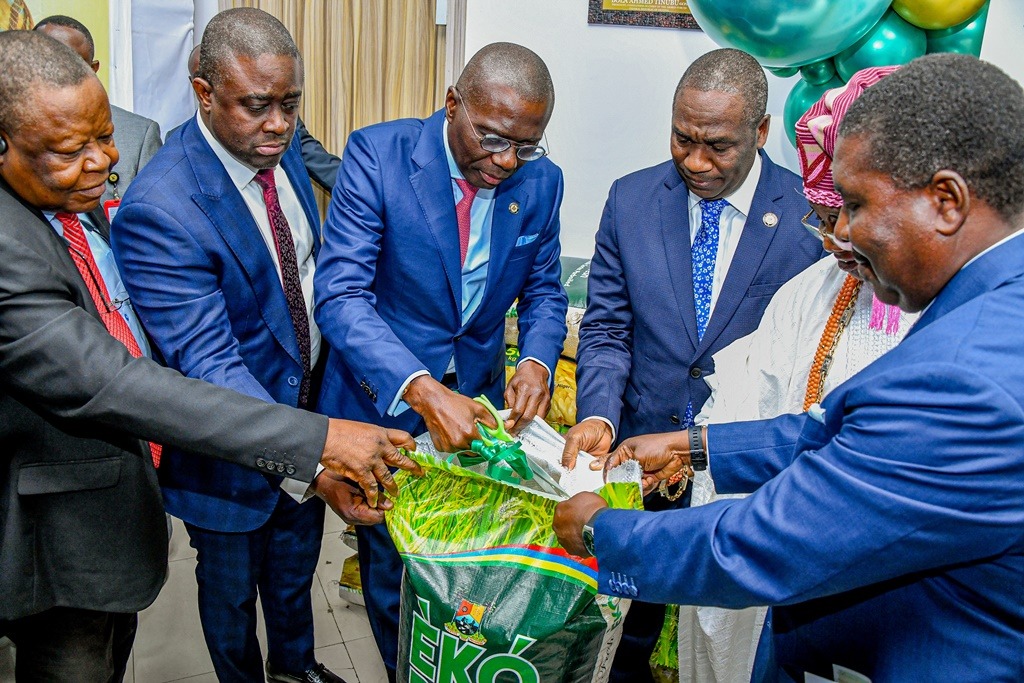


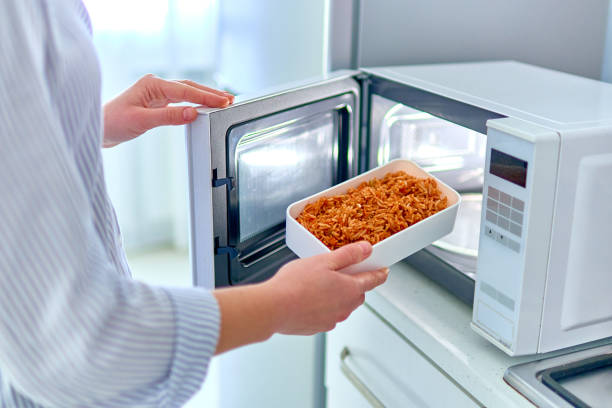









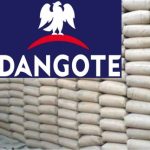
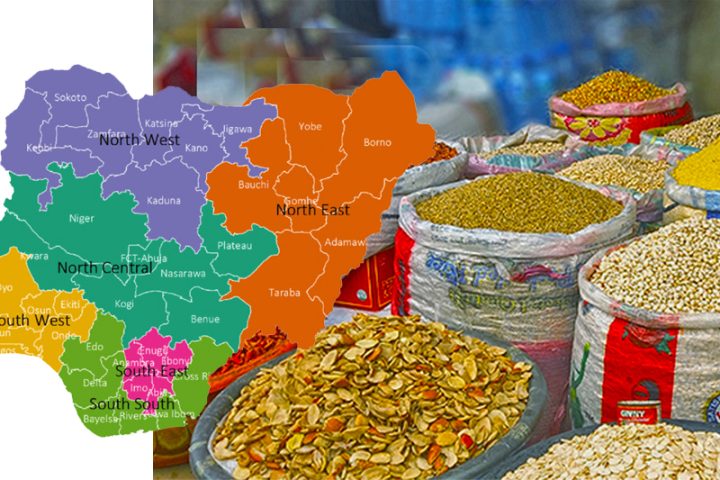
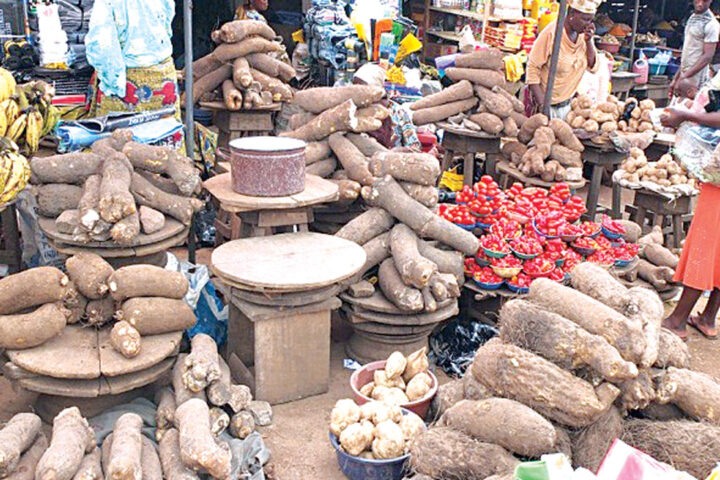

Follow Us